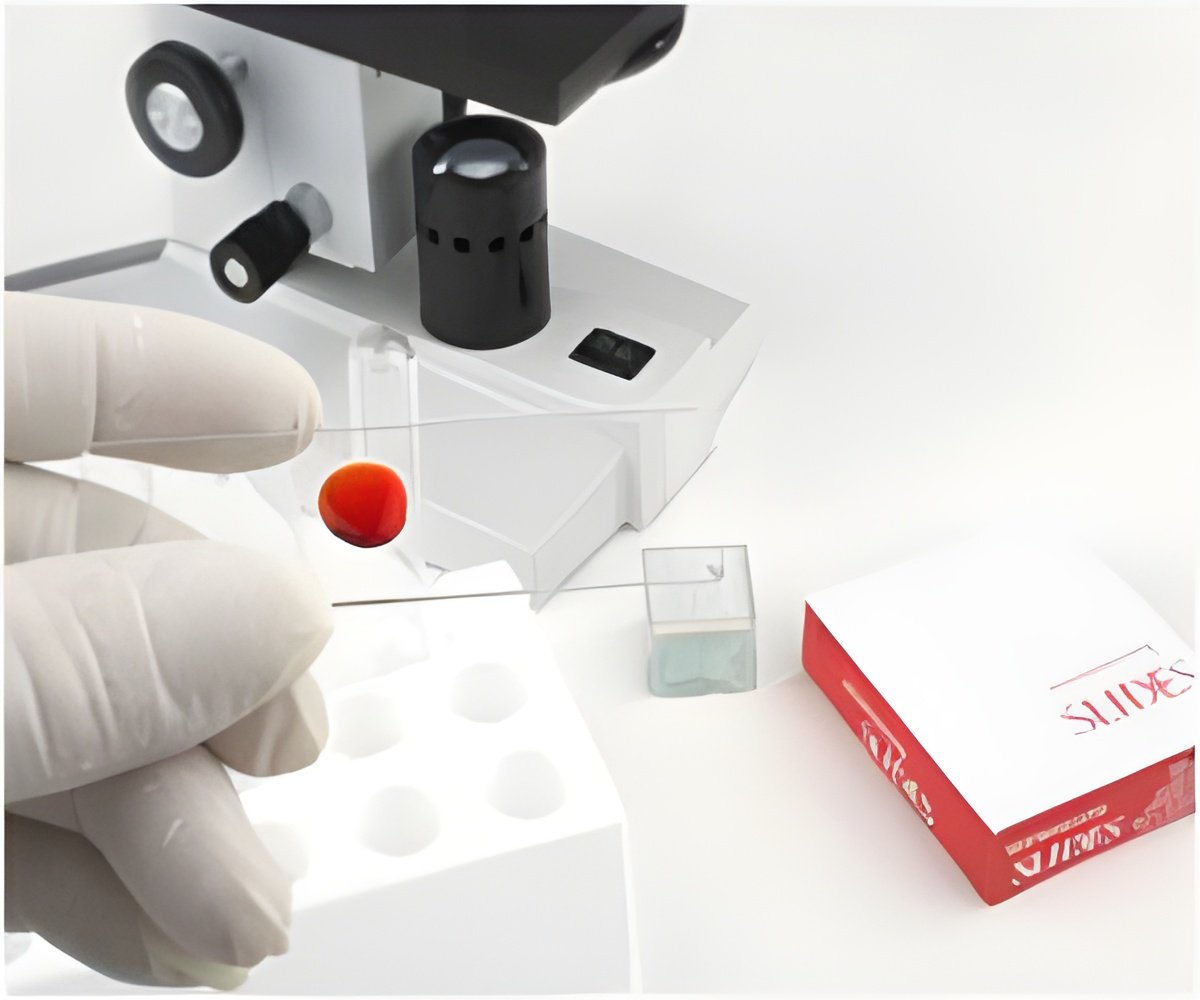In post-menopausal women, blood may hold clues as to whether women may be at a higher risk for areas of brain damage, which can lead to memory problems, says study.

During the study, women with higher levels of thrombogenic microvesicles, the platelets more likely to cause blood to clot, were likelier to have higher increases in the amount of white matter hyperintensities (shown as concentrated white areas on an MRI scan), which may lead to memory loss.
"This study suggests that the tendency of the blood to clot may contribute to a cascade of events leading to the development of brain damage in women who have recently gone through menopause," says study author Kejal Kantarci, M.D., of Mayo Clinic. "Preventing the platelets from developing these microvesicles could be a way to stop the progression of white matter hyperintensities in the brain."
All of the women had white matter hyperintensities at the start of the study. The amount increased by an average volume of 63 cubic millimeters at 18 months, 122 cubic millimeters at three years and 155 cubic millimeters at four years.
The study was supported by the National Institutes of Health (grants NS66147, HL90639, AG040042, RR024150, TR000135, HD65987 and AG044170), Aurora Foundation and Mayo Foundation.
Source-Newswise
 MEDINDIA
MEDINDIA




 Email
Email










